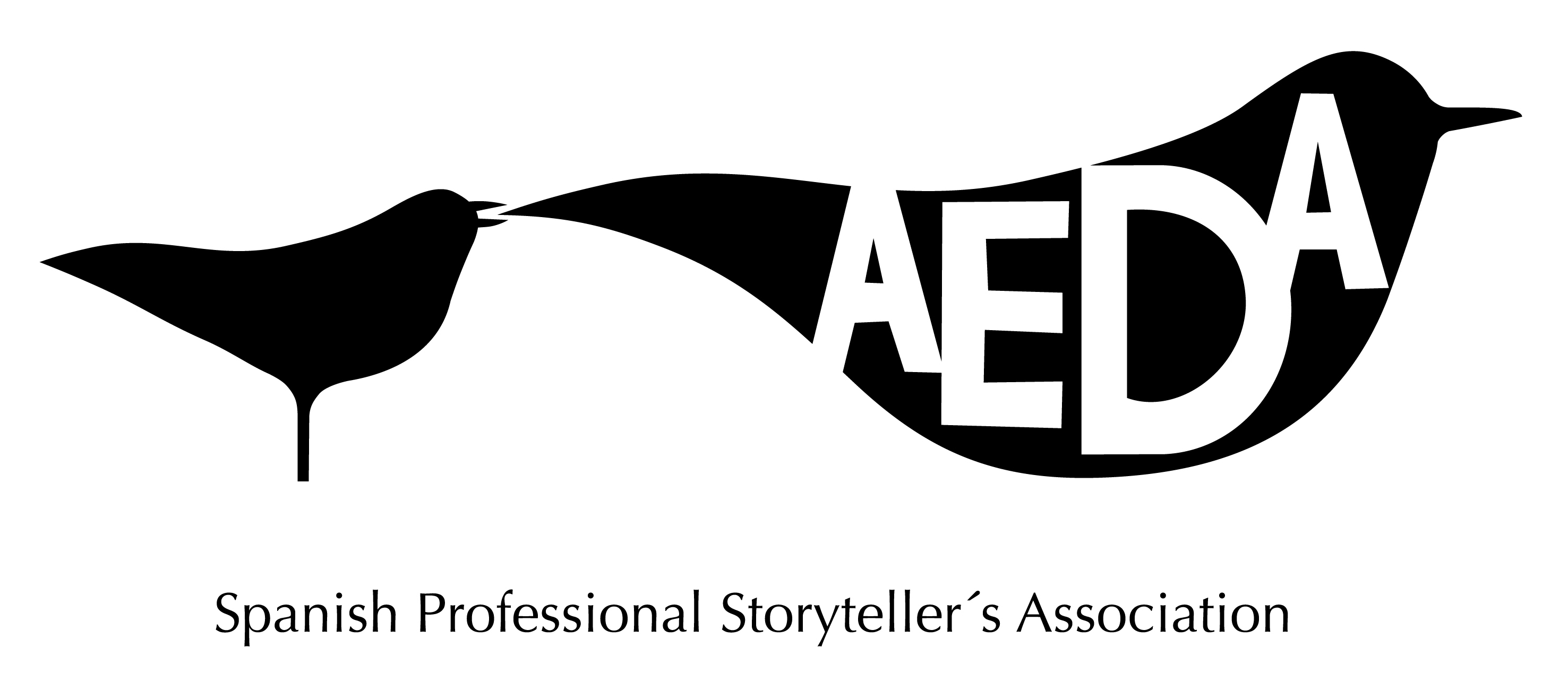When one works with those who have had to leave behind everything, often stories and their deep groundedness in orality is all they have been able to carry with them across geographical boundaries. This is not just a metaphor. It is the ground, the reality of migrants’ lives. How do you carry a lifetime in 30 kgs of checked in baggage? And that is for those who are the more privileged migrants. Travel on a rickety rubber dinghy packed without an inch to spare between people, and you’d be lucky if the life jacket around your neck does not suffocate you.
In such circumstances, stories become many things - memories, life rafts, entertainment, lullabies, home.
But for many refugees in the current hostile climate for refugees, stories have become currency. The relationship between stories and their exchange as currency is not new. In traditional stories, one finds storytellers plying their trade for coin. Scheherazade told stories to save lives of women in her husband’s kingdom and herself. But she also told stories in response to the king’s command ‘Tell me a story’. The choice of story was up to her. And that changed everyone’s story in the kingdom. Telling stories has not been divorced from earning a living or saving a life.
But in the current climate of the importance of ‘personal’ and ‘cultural’ stories in almost every part of our lives, stories take on a commodification where life and death are the stakes that are in play. Right-wing media and discourse trades on ‘stories’ of the parasitic nature of migrants, and on the other hand, sympathetic discourse equally relies on ‘stories’ that reveal the strength and vitality of migrant presence and contributions. Almost everyone speaks through these ‘stories’ – starting from personal instances told in third person that progressively get more abstracted and rarified as they travel over print, tongues and impressions. They sway policies.
What my work primarily tries to do through stories and storytelling is to create common ground. And one of the first things I need to do in storytelling sessions is de-commodify stories. We do not only live in a world of celebrities; we live in a world that glorifies ‘uniqueness’, the unabashed hunger for every act of living and every artistic piece to be ‘new’, ‘novel’, ‘strong’ and ‘unique’. It is a world in which the search for the beauty of expertise comes at the cost of the search for common ground. The two are not mutually exclusive. Creating common ground requires my abilities as a storyteller to listen in to what is present in the room and the strength and grace to bear witness to it. Bearing witness to what is present is a guide to the story I tell in that time and place.
Working with asylum-seekers and refugees, I have often wondered about times when I worried about the absence of a translator or the language in which I would be telling the stories (mainly English). Working with small charities or often with destitute asylum-seekers, there are few luxuries available of translators or resources. Eventually, one begins to realize that that is exactly what is required. Few resources require us to strip our work down to what is the most essential to us; and in a sense, remove those layers of clothing that seek to make a presence perfect but actually create more layers to hide behind. The absence of the translators has been one of the blessings of my work. It forced all of us – myself as the storyteller, and the participants to just look around the room and realize that we were all translators. One can get too hung upon storytelling as being about the transmission of the content of words. When I look around a room where storytellings happen, something else is going on. People shut their eyes, others let themselves drift away, some have a pen and paper creating drawings and doodles, children lie down, bodies relax – all this happening simultaneously as the story is being told. For those who really want to understand the content of the words, they ask their friend, their acquaintance, their neighbor in the group, and there is an undercurrent of whispers along with the storyteller’s voice. The seeing and the listening is present, without being overtly visible.
Working as a storyteller with elders and adults from such cultures is more than about telling stories in a circle. These are people who deeply know what a storyteller is, in memories crusted over in their bones. The first task then is to lay a common ground of a culture of orality. To lay bare and sit in one’s own vulnerability as storylisteners and storytellers living in the shadow of oral stories. To create a true circle of sitting together, which is including and beyond the act of sitting in a circle.
Then, as a storyteller, I might actually learn something.
As a core member of Tellers without Borders (International), I try to take this work across different countries in Europe experiencing a sense of being swamped by refugees and migrants. Storytelling is a bridge to making connections, and in the position of the storyteller, I find myself being simultaneously a learner and teller among migrants.
I will be looking at these aspects of creating common ground more closely at workshops of the Tellers without Borders conference at Sarajevo, 6-9th October 2018.
Gauri Raje, Silent Sounds, UK/ India









